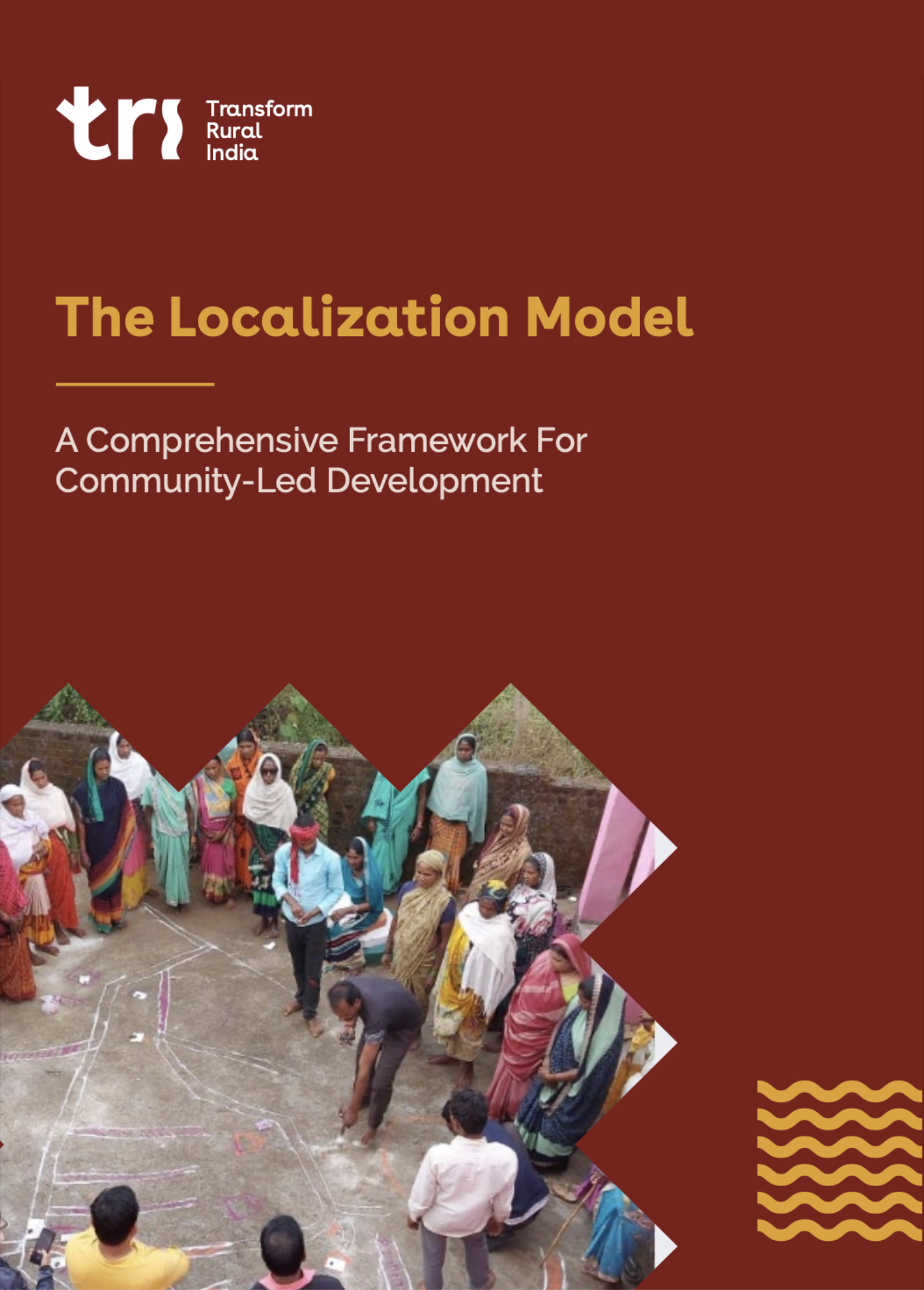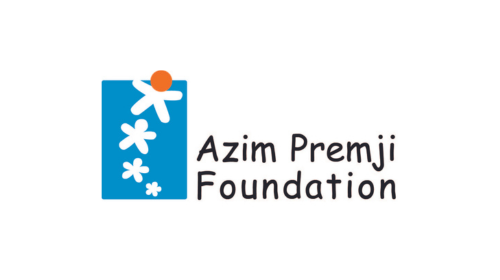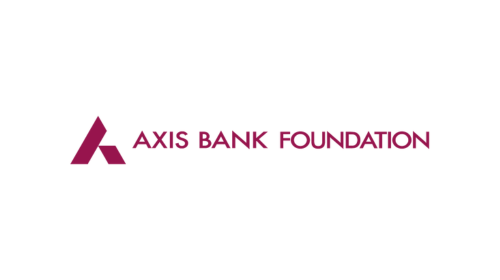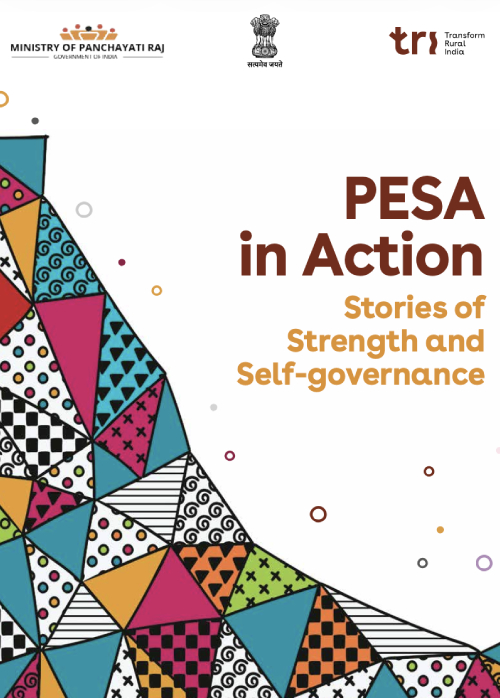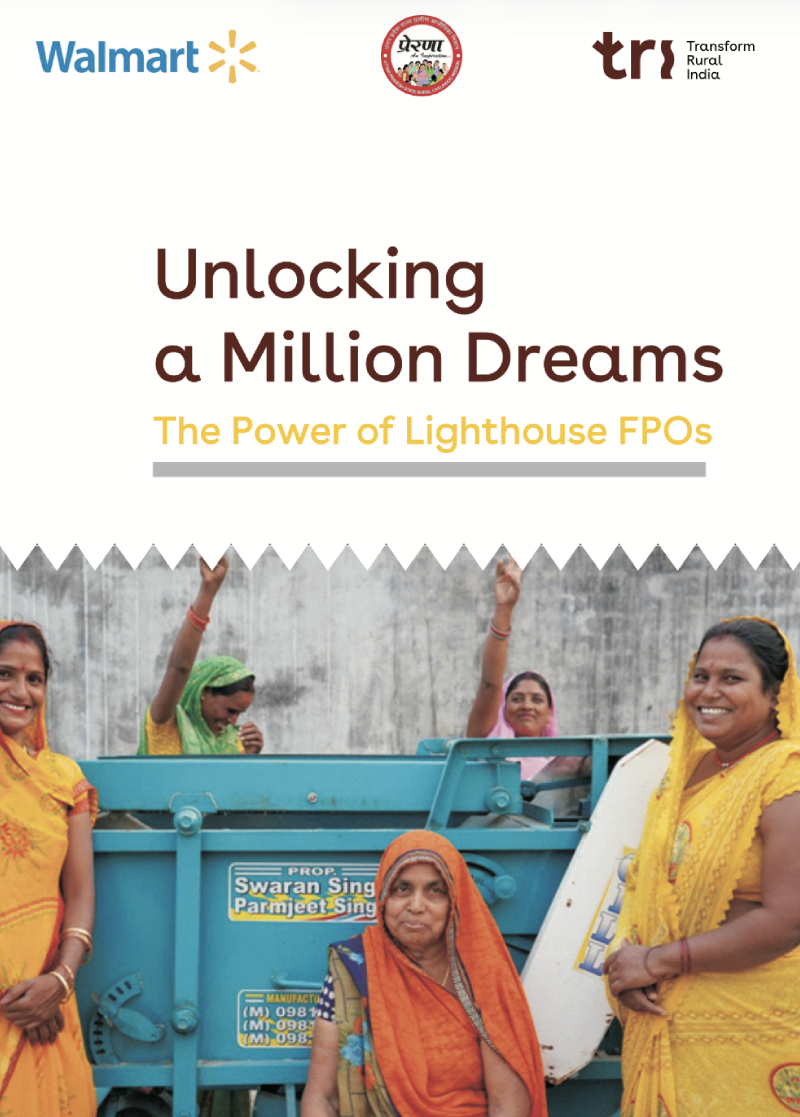Community-led development has long been a key component of development discourse, with the importance of Panchayati Raj Institutions being underscored by policymakers, scholars, and practitioners. Various initiatives by the government and civil society have been taken to strengthen community-led development.
This document discusses ‘The Localization Model’, a strategic framework designed to address the existing gaps in the community-led development approaches which have created a disconnect between community aspirations and developmental actions. The model was first implemented in Rajpur block of Badwani district in Madhya Pradesh, India.
This model advocates for an integrated approach to development, promoting synergistic collaboration among PRIs, Community-Based Organizations (CBOs), and local administrative bodies. The goal is to ensure that women and marginalized communities play a pivotal role in local governance, contributing to a more democratic and inclusive development planning process.
“The ‘Localization Model,’ functioning at the intersection of the triad comprising Community- based Organizations, Panchayati Raj Institutions, and Local Administration, has shown the potential to revolutionize local governance structures and community engagement mechanisms. It has demonstrated that targeted coordination and empowerment strategies can facilitate the community-led identification and resolution of developmental challenges, leading to tangible improvements in local governance and community well-being.

